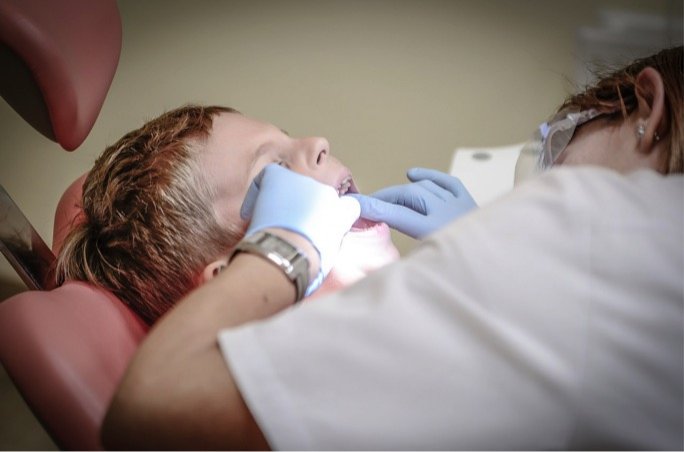3 Surprising Things You May Not Know About Dental Hygienists

Image Credit: Pixabay
A dental hygienist is someone who assists dentists when treating patients by marking charts, taking x-rays and providing the dentist with the right tools during a procedure. However, they are more than dentist assistants and their job can affect a person’s overall health. Here are three facts about dental hygienists of which most people are not aware.
Assigned Duties are Regulated
Dental hygienists are required to be licensed by the state in which they live after they’ve completed training. If you’re interested in becoming a dental hygienist, visit edentalhygienist.com to find out more about their training. Along with licensure, their duties are affected by what their state allows them to do.
Some of their duties may include:
- Performing oral health assessments on patients.
- Taking and reviewing dental x-rays.
- Helping to clean teeth by removing plague and tartar build-up.
- Give patients necessary anesthesia before procedures, including nitrous oxide.
- Teach patients about proper oral hygiene.
- Administer programs for smoking cessation.
- Provide information to patients about how their nutrition affects their teeth.
They perform many of the duties people assume a dentist will take care of themselves, but under advisement of the dentists for which they work.
Work Outside of Dentists’ Offices
Most people are unaware dental hygienists work in facilities and locations other than dentists’ offices. They may work in:
- Prisons
- Healthcare clinics
- Hospitals
- Schools
- Nursing Homes
Dental hygienists may also work for corporations, with public health departments, do research and be educators or administrators. They often work in communities where there is a shortage of dentists, which affects up to 46 million people in the United States. This can help ensure peoples’ overall health is not adversely affected due to dental problems which can be easily treated.
They can examine peoples’ teeth, do basic cleanings, apply dental sealants to protect teeth, evaluate their gums for disease and screen for oral cancer. By performing these basic duties, dental hygienists can help prevent gum disease, cavities and find more serious problems before they affect the health of their patients.
Help Patients Maintain Overall Health
The duties performed by dental hygienists can ensure patients’ overall health because dental complications can affect other parts of the body. For instance, if someone has a cavity, it could become infected and abscess. This can lead to tremendous pain, cause erosion of the gums and possibly the jawbone and bacteria from an infection can get into the bloodstream and be carried throughout the body.
Even in the 21st century, people can die from untreated infections caused by tooth decay if the infection gets into their blood. Fortunately, by performing evaluations on patients, these problems can be caught early and prevented. In addition, with some patients more susceptible to dental problems, providing oral healthcare can catch dental problems and treat them before they can seriously affect patients’ teeth.
Dental hygienists play a very important role in people’s dental healthcare and overall health. There is an increasing need for dental hygienists, so it can be a great career for some people to enter.
More to Read:
Previous Posts:





